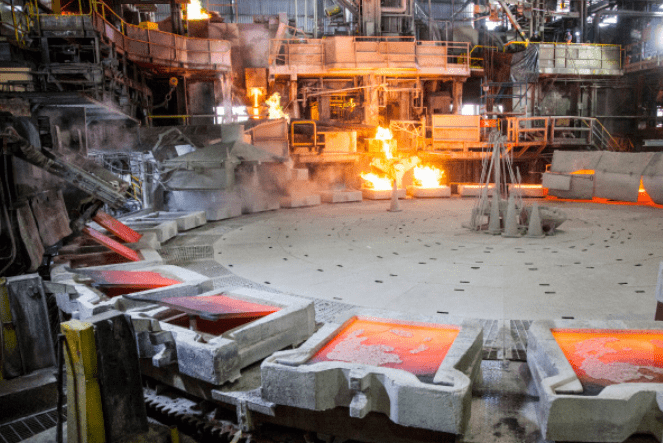Chile, the world’s largest copper producer, has made a series of changes to its regulations in the mining industry, one of the essential sectors of its economy.
On February 4, 2022, Law No. 21,420 of Chile was published in the Official Gazette, which reduces or eliminates certain tax exemptions, introducing reforms to various laws, and in particular to the Mining Code.
These modifications will be effective as of February 4, 2023.
Among others, these modifications include an increase in the amounts of the annual mining license, in the case of the exploration concession, from 1/50 to 3/50 UTM (Monthly Tax Unit) (equivalent to approximately 55,000 pesos) per hectare, while in the case of the exploitation concession, the amount will be determined based on the years of validity of the concession, in amounts ranging from 4/10 UTM during the first five years of validity of the concession, up to 12 UTM after from the thirty-first year of its validity.
Chile also extended the term of the exploration concession from two to four years, eliminating the possibility of extension.
A third change is that the holder of an expired exploration concession is prohibited from acquiring, by himself or through an intermediary, a new exploration concession that includes the area of said expired concession.
Mining
In 2022, according to projections by the credit insurer Coface, GDP growth will slow down sharply, due to a very high base of comparison and as the stimulus measures are gradually dismantled.
Coface expects household consumption (61% of GDP) to register a slight contraction, fading the positive impact of the three rounds of pension withdrawals (disbursements up to December 2021 totaled 47.2 billion dollars or 15% of GDP) .
It is important to note that after a long discussion, Congress rejected in the fourth quarter of 2021 a bill to allow a fourth round of withdrawals.
Furthermore, although the unemployment rate is expected to continue to improve towards its pre-crisis level, inflation will remain high and the central bank will maintain its aggressive monetary stance.
Meanwhile, Coface also expects gross fixed investment (21% of GDP) to contract, weighed down by the private side.
In reality, investors are likely to remain cautious amid uncertainty brought on by the start of a new government, the ongoing constitution rewriting process and the possibility of an increase in royalty taxes for mining companies.
Relatively tighter global and domestic credit conditions should also play a negative role. On the contrary, net exports are expected to contribute positively to activity.
Exports should report a slight expansion, driven by a still favorable demand for copper (mining represented 62% of total external sales in 2021, the red metal only represented 57% of all sales of goods).
On the other hand, imports are expected to fall in line with the weakening of domestic demand.
![]()

